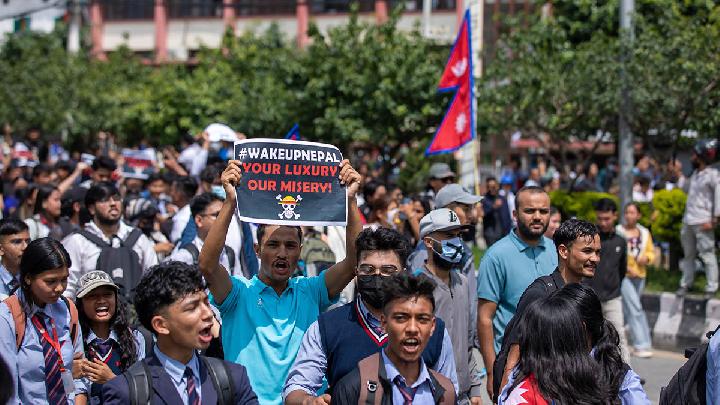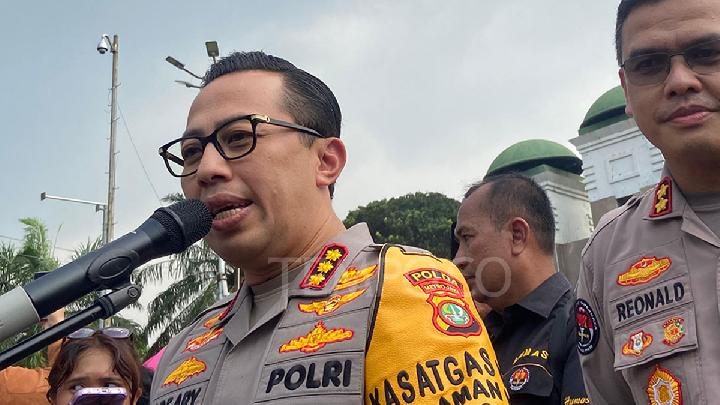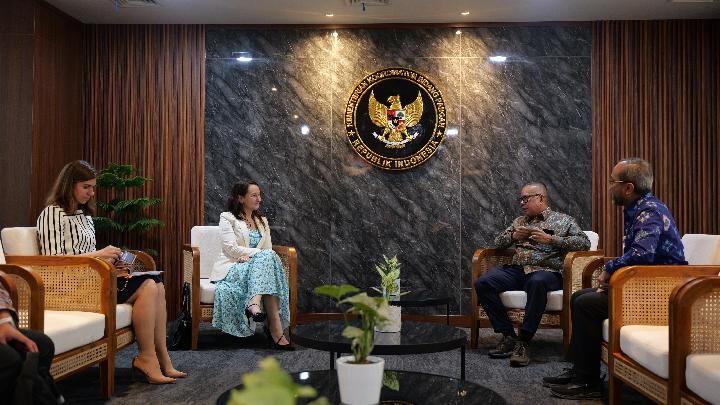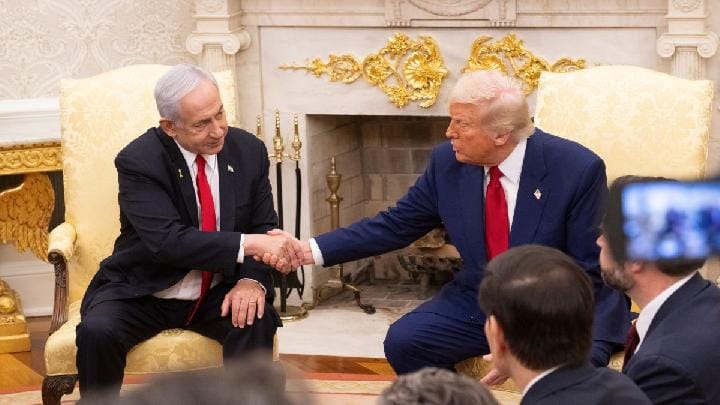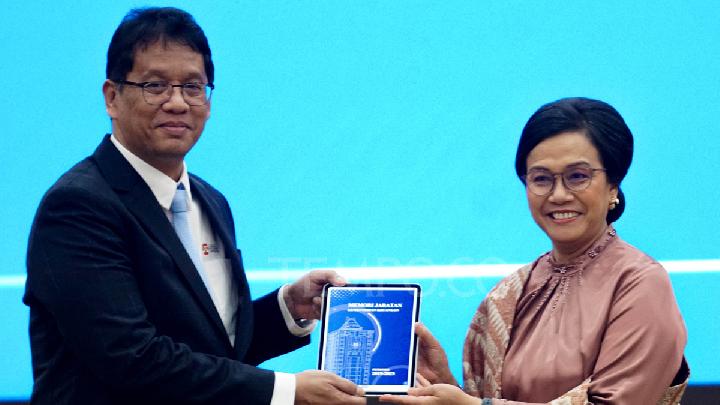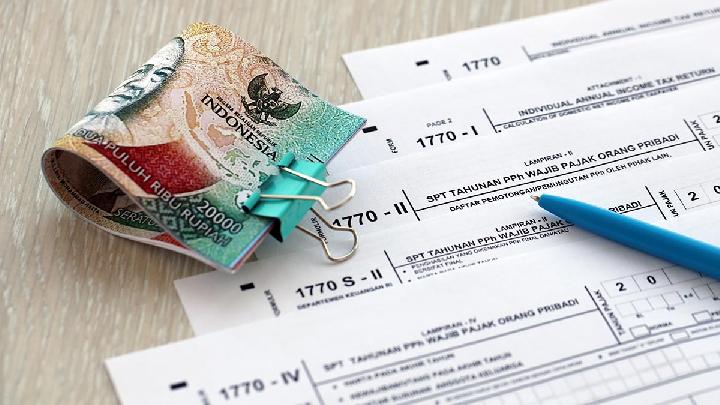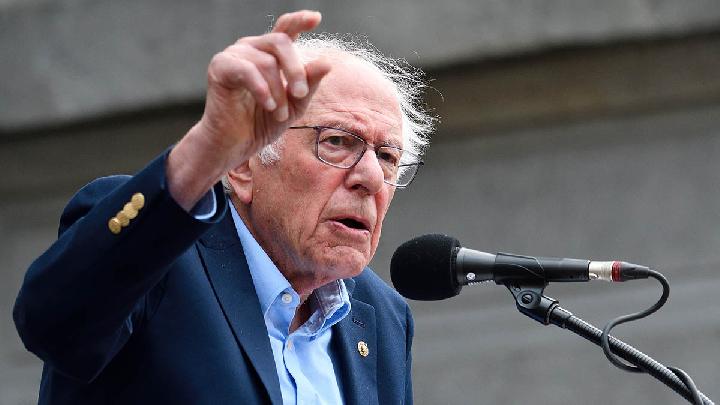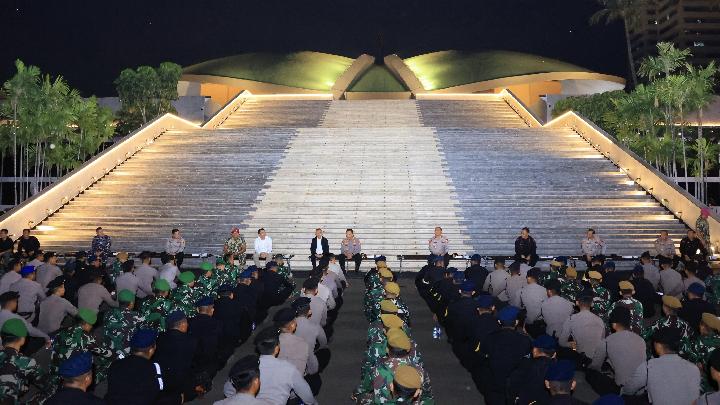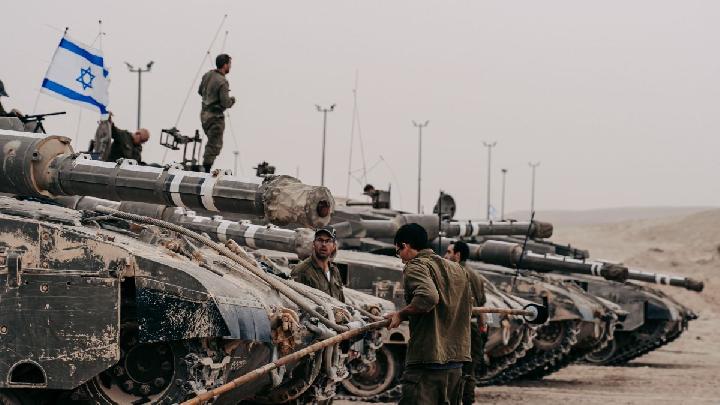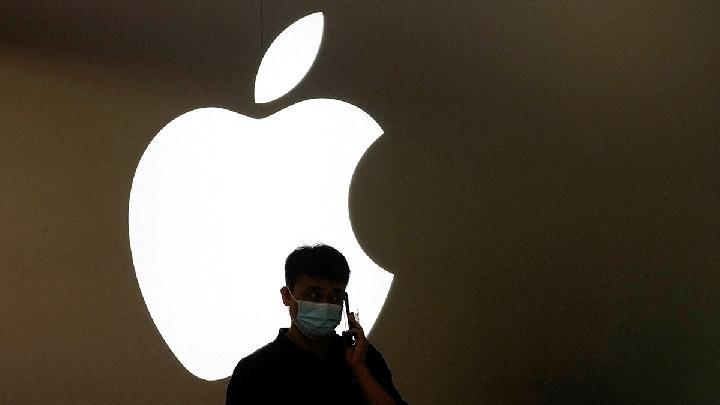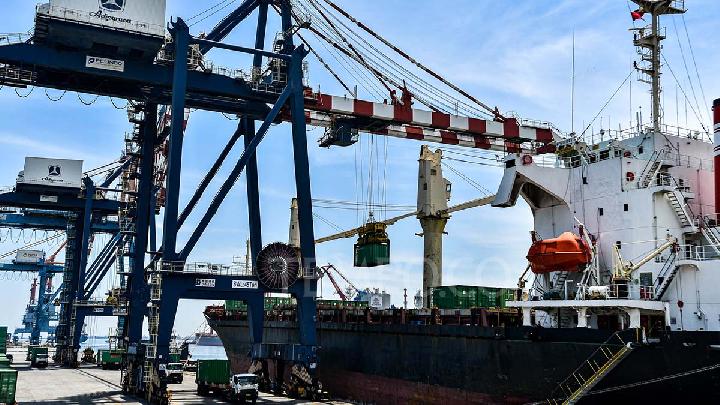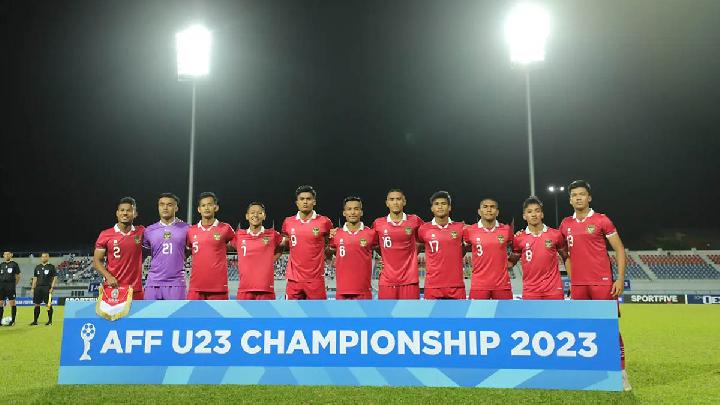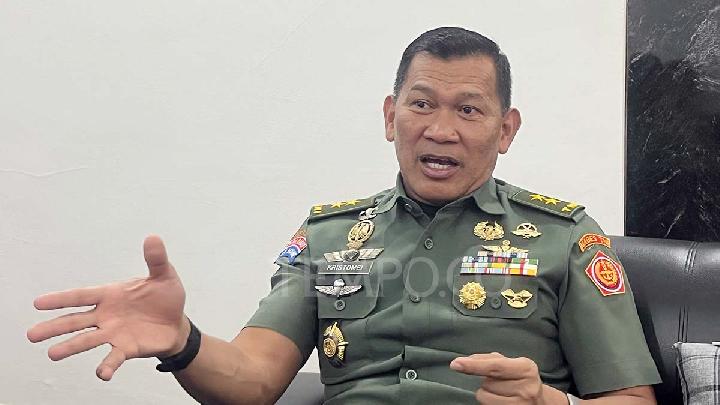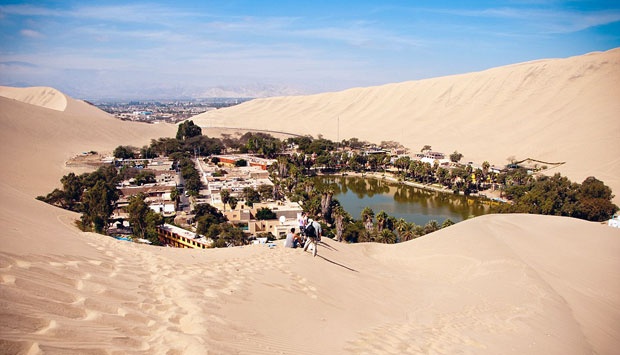TEMPO.CO, Jakarta - The leaders of the BRICS member countries officially adopted the Rio Declaration at the 17th BRICS Summit in Rio de Janeiro, Brazil, on Sunday, July 6, 2025.
Led by Brazil, the declaration affirmed the shared commitment of the BRICS countries—Brazil, Russia, India, China, and South Africa—to strengthen the principles of multilateralism and promote global governance reforms to build a more just, inclusive, and democratic world order.
In the dozens of pages of documents, the BRICS highlighted the need to reform the international system, which they considered inadequately representative of the geopolitical dynamics of the 21st century. They also demanded increased representation of developing countries, particularly from Africa, Asia, and Latin America, so they could play a greater role in global decision-making.
The BRICS member countries—Brazil, Russia, India, China, South Africa, and five new members—are an informal alliance of emerging economies aimed at strengthening their influence in the global system.
Formed in 2009, BRICS emerged from criticism of the dominance of Western countries in international institutions, which were deemed no longer representative of the interests of the developing world.
The first BRIC summit was held in Yekaterinburg, Russia, in 2009. The group became BRICS after South Africa joined in 2010, which then officially participated in the third summit in Sanya in 2011.
As reported by the Council on Foreign Relations, more than ten years after its founding, BRICS experienced its largest expansion in its history. In January 2024, Egypt, Ethiopia, Iran, and the United Arab Emirates officially became full members, followed by Indonesia in January 2025. This year, nine other countries—Belarus, Bolivia, Kazakhstan, Cuba, Malaysia, Nigeria, Thailand, Uganda, and Uzbekistan—were also announced as BRICS partners, reflecting the bloc's growing influence in the Global South.
Since then, the group has sought to harmonize economic and diplomatic policies among its members, establish new financial institutions, and reduce dependence on the US dollar.
However, BRICS faces internal challenges, particularly related to differing positions on global issues such as relations with the United States and the Russia-Ukraine conflict. The ongoing expansion of its membership has increased its influence, but has also created new dynamics and tensions within the bloc.
BRICS Strength
According to the Foreign Policy Research Institute, collectively, the BRICS 20 comprise 43.93% of the global economy when calculated based on purchasing power parity (PPP), according to International Monetary Fund (IMF) data. The combined population of the BRICS 20 countries will reach 4.45 billion out of a total world population of 8.01 billion in 2025. This means BRICS+ now represents 55.61% of the global population.
Since its formation, BRICS has continued to push for more equitable and inclusive global cooperation. This group emerged because many countries felt that international rules and institutions previously led by Western nations, particularly the G7, no longer represented the interests of the developing world. Furthermore, economic and military power is currently concentrated in the hands of these developed countries.
However, recently, many have assessed that Western-dominated global institutions are increasingly incapable of resolving major global problems, such as the climate crisis, economic inequality, and international conflict.
The uncertainty of US foreign policy under Donald Trump's second term has also exacerbated this situation. Therefore, the 2025 BRICS Summit in Brazil is a crucial opportunity to offer alternative solutions to a world order considered in crisis.
Now, more and more countries recognize that the world is changing. Many developing countries, particularly those in Africa, Asia, Latin America, and the Middle East, feel they deserve a greater role in determining the direction of the world. These countries not only want to participate in international institutions but also help shape the rules of the game.
This is where the BRICS play a crucial role. With growing economic and political power, the BRICS have become a platform for countries from the Global South to voice their interests.
The increasingly prominent role of the BRICS is forcing many countries, including those in the Western alliance, to re-examine their political and economic strategies. As economic relations between countries begin to shift and the map of world power changes, developing countries are now more confident in determining their own future direction, with or without Western domination.
Editor's Choice: Gov't Denies Claim that BRICS Accession Causes U.S. Tariff Imposition
Click here to get the latest news updates from Tempo on Google News

